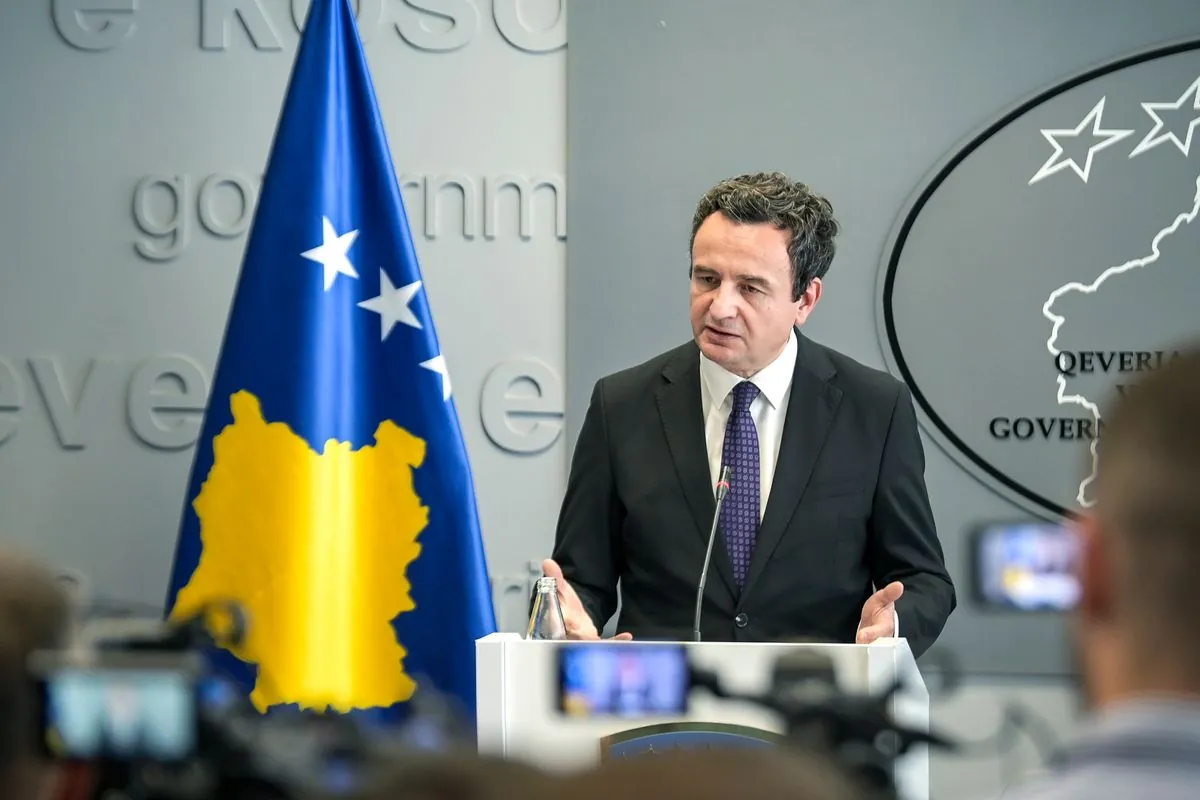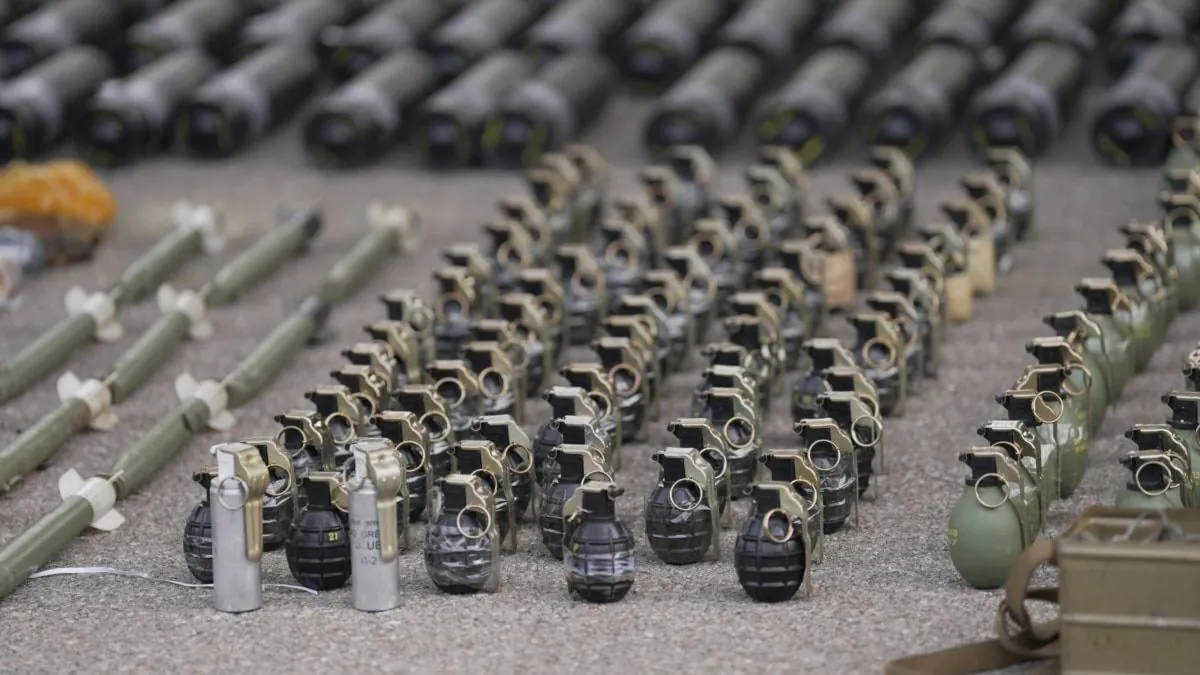Kosovo PM Accuses Serbia of Attempted Annexation After Armed Incursion
Kosovo's Prime Minister Albin Kurti alleges Serbia orchestrated an armed incursion, resulting in a police officer's death. The incident has heightened tensions between the two nations, with international calls for resolution.

In a recent development that has escalated tensions between Kosovo and Serbia, Albin Kurti, the Prime Minister of Kosovo, has accused Serbia of attempting to annex part of Kosovo's territory through an armed incursion. The incident, which occurred approximately one year ago, resulted in the death of a Kosovar police officer and has since become a focal point of diplomatic tensions in the region.
The armed confrontation took place at a Serbian Orthodox monastery in Banjska, located 55 kilometers north of Pristina, Kosovo's capital. Following a 12-hour standoff, the armed group retreated to Serbia, prompting Kurti to call for international pressure on Belgrade to surrender the individuals involved.
"Serbia is responsible and Serbia should be held accountable. The plan was to divide Kosovo. The plan was to annex part of its territory."
Kurti asserted that the paramilitary group was "orchestrated and financed from Serbia" and had brought a substantial cache of weapons into Kosovo, suggesting preparations for a more extensive conflict. In the aftermath, Kosovo police seized approximately 105 weapons and over 80,000 rounds of ammunition.

The incident has led to legal action, with Kosovo prosecutors filing charges against 45 individuals for various offenses, including violation of constitutional order, terrorist activities, and money laundering. These charges carry potential life sentences, further intensifying the situation.
Among those charged is Milan Radoicic, a prominent Serbian businessman and politician with connections to Serbia's ruling party and President Aleksandar Vucic. Radoicic, who is currently under U.S. and British sanctions for alleged financial crimes, has denied involvement despite previously admitting to being part of the paramilitary group engaged in the gunfight.
The European Union and the United States have condemned the attack and urged Serbia to hand over the gunmen. EU spokesman Peters Stano reiterated the call for swift prosecution, emphasizing the need to maintain security and advance the normalization of relations between Kosovo and Serbia.
This incident occurs against the backdrop of a complex historical relationship between Kosovo and Serbia. Kosovo, once a Serbian province, declared independence in 2008 following NATO's intervention in 1999 to end a war between Serbian forces and ethnic Albanian separatists. The conflict resulted in approximately 13,000 deaths, primarily ethnic Albanians.
The international community, particularly the EU and the U.S., continues to press for the implementation of agreements reached between Vucic and Kurti in early 2023. These agreements include Kosovo's commitment to establish an Association of Serb-Majority Municipalities and expectations for Serbia to move towards de facto recognition of Kosovo's independence.
In response to the heightened tensions, NATO-led international peacekeepers, known as KFOR, have increased their presence in Kosovo. This peacekeeping force, established in 1999, plays a crucial role in maintaining stability in the region.
The situation underscores the ongoing challenges in the Balkans, where historical conflicts continue to influence contemporary politics. As Kosovo approaches its 16th anniversary of independence, recognized by over 100 countries but not by Serbia, Russia, and some others, the path to full normalization of relations remains complex and fraught with obstacles.

The international community remains committed to fostering dialogue and peaceful resolution between Kosovo and Serbia. However, incidents like the armed incursion in Banjska serve as stark reminders of the fragile nature of peace in the region and the ongoing need for diplomatic efforts to prevent further escalation.
As the situation develops, the focus remains on accountability for the recent incident and the broader goal of achieving lasting stability in the Balkans. The coming months will be crucial in determining whether diplomatic channels can prevail in easing tensions and fostering cooperation between Kosovo and Serbia.


































